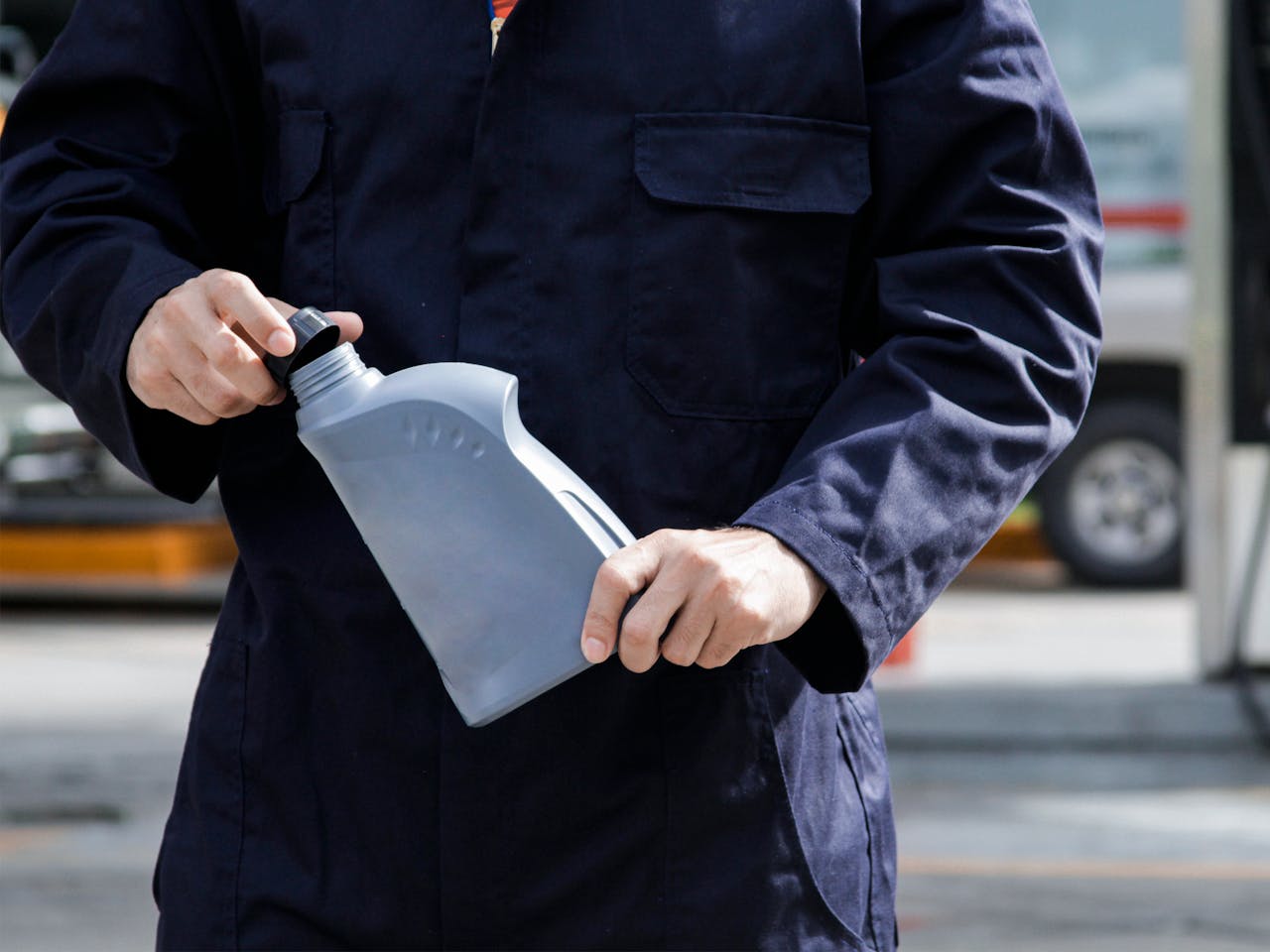

Shared mobility, or the shared use of transportation services and resources among users concurrently or one after the other, is gaining traction worldwide to provide short-term access to different modes of travel. This includes public transit, commute-based modes or ridesharing, and micromobility or bikesharing and scooter sharing.
In Southeast Asia, where vehicle sales are booming, online ride-hailing services are becoming increasingly common. Despite being halted during the peak of the COVID-19 pandemic to avoid the transmission of the virus, ridesharing is back to becoming one of the more reliable shared mobility services in the majority of the region.
In Myanmar, commuters regard shared mobility services as one of the more accessible modes of transport than public transit, and they also believe that it is safer and more convenient. However, shared mobility services such as ride-hailing and bike-sharing were not widely available in Myanmar.

The Grab superapp, one of Southeast Asia’s leading ride-hailing apps, is available in Yangon. GrabTaxi is widely used in the city, following shared mobility trends in the region. Many commuters regard GrabTaxi as more efficient and reliable than the country’s public transportation system, where getting around through buses, pick-ups, or motorcycle taxis can be challenging. However, this system has not taken off as widely in the country.
One reason for this is the political and social instability in the country, which has made it difficult for companies to operate and invest in infrastructure. Additionally, transportation infrastructure is less developed than in other countries, which is one of the significant challenges for shared mobility services in Myanmar to gain traction.
There have been some initiatives to promote shared mobility in Myanmar. For example, in 2018, the Yangon Region Transport Authority announced plans to launch a public bike-sharing system in the city. However, it is still being determined if this initiative has been implemented.
Overall, while shared mobility services have the potential to improve transportation in Myanmar, it may take some time for these services to become widely available and accessible to the general population.

SEA Cryptocurrency Regulations and Policies
Navigating SEA's cryptocurrency regulations requires a nuanced understanding of the regulatory landscape, adoption trends, and influencing factors.

Opportunities in Digitalization App for Automotive Lubricant Market in SEA
The automotive lubricant market in Southeast Asia is at the cusp of a digital revolution. Stakeholders can anticipate a continued surge in digitalization applications for the lubricant market, aimed at driving efficiency, enhancing customer experiences, and championing sustainability initiatives. Key themes such as e-commerce, data analytics, IoT integration, personalized experiences, and sustainability are poised to shape the industry's trajectory, providing opportunities for innovation and growth.

The Transformation of Myanmar's Garment Industry
Myanmar's garment industry has undergone substantial expansion and change in recent years. Learn more about the latest developments in the sector.

The Development of Agriculture in Myanmar
Learn more about the latest advancements in Myanmar’s agriculture sector as the industry continues to mature.